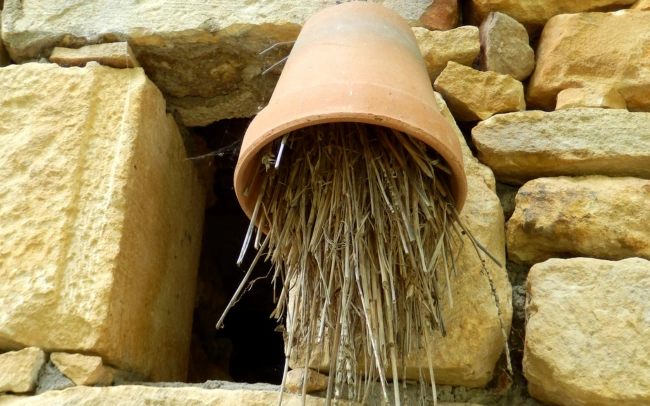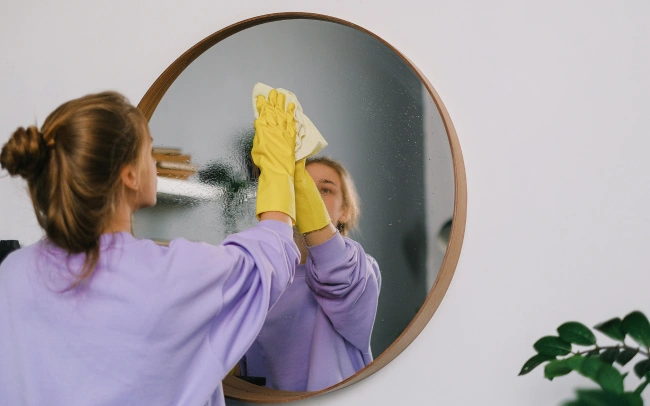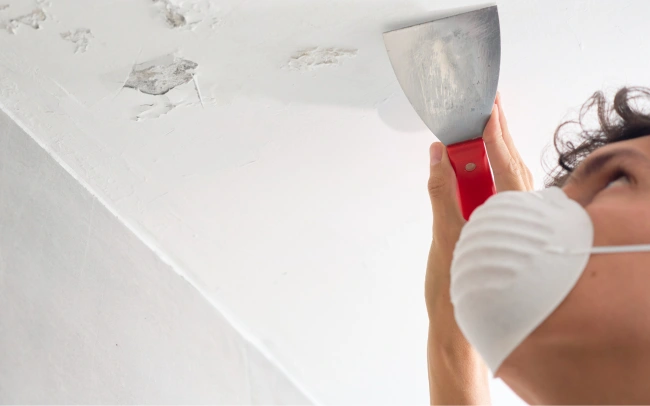How to Identify Earwig Infestations?
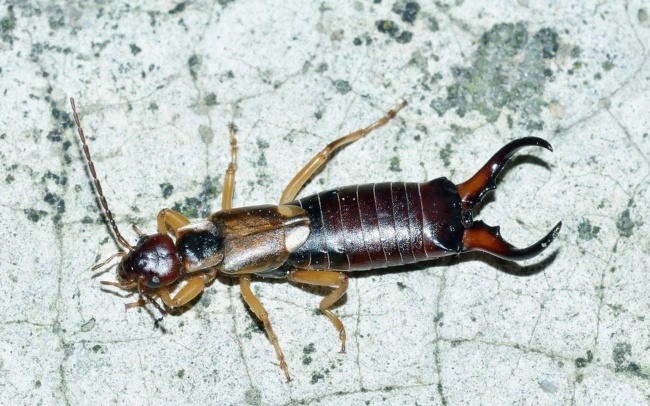
Check Damp Areas in Your Home
Earwigs are attracted to moisture. Look for them in bathrooms, basements, kitchens, and laundry rooms—especially in cracks and crevices.
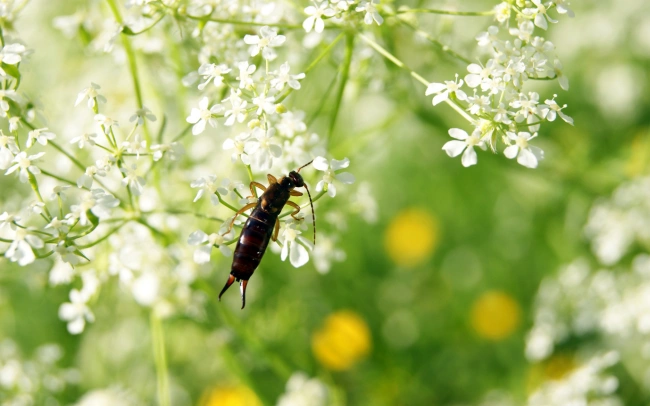
Inspect Gardens and Mulch Beds
Mulch, leaf piles, and garden beds provide perfect shelter. Spotting earwigs in these areas could indicate a nearby infestation.
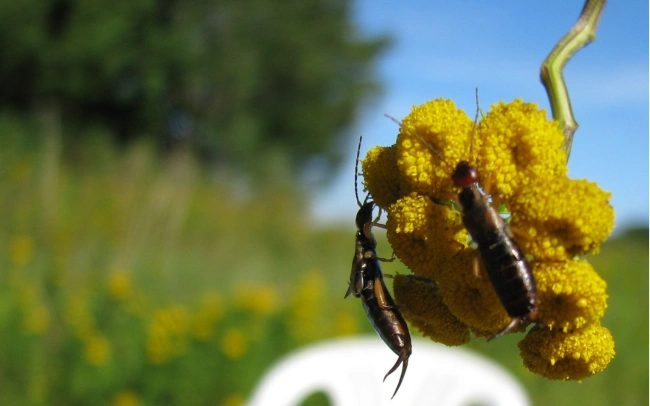
Notice Damage to Plants and Flowers
Earwigs feed on leaves, petals, and seedlings. If your plants appear chewed or ragged, it might be due to earwig activity at night.
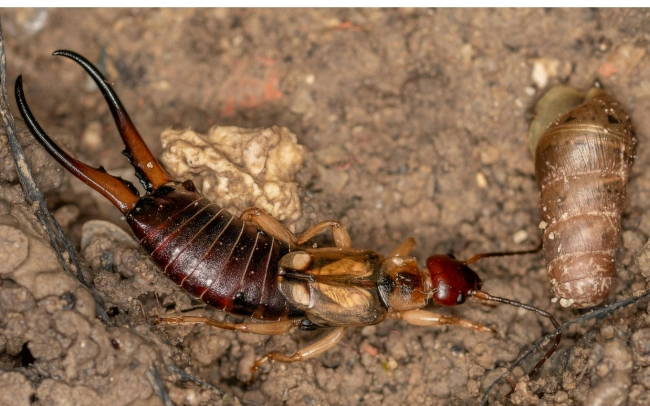
Observe Nighttime Movement
Earwigs are nocturnal. Use a flashlight in dark corners or outside at night to spot them hiding under rocks or garden debris.
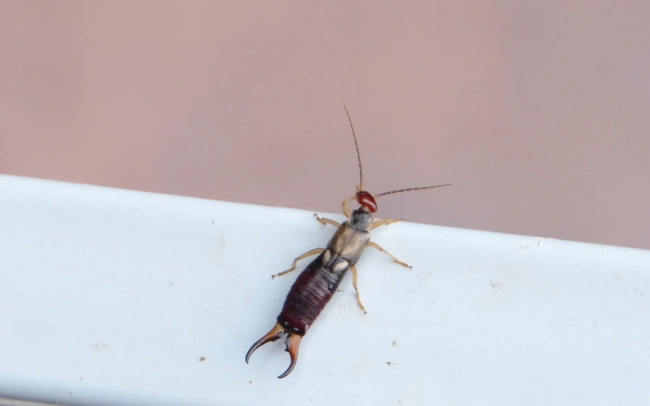
Seeing Earwigs Indoors
While they prefer being outside, earwigs can enter homes through foundation cracks or open doors, especially during dry or hot weather.
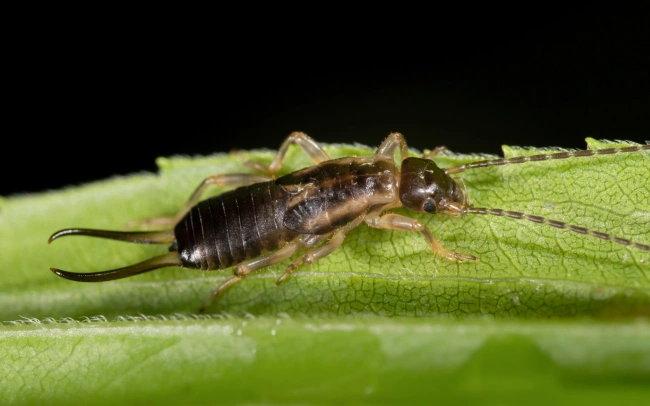
Spotting Clusters in Hiding Spots
Earwigs often gather in groups under sinks, behind baseboards, or in storage boxes. Finding a cluster may signal a developing infestation.



